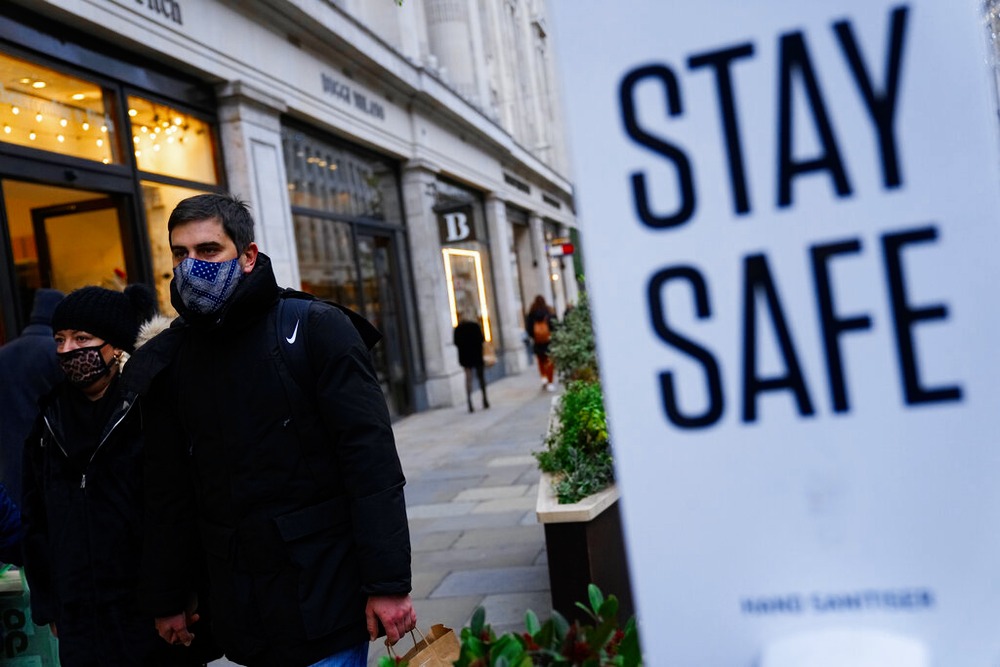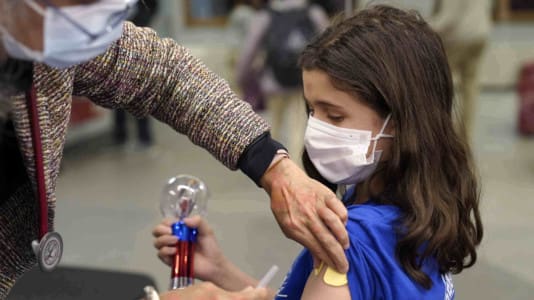A few days ago, the general director of the World Health Organization (WHO), Tedros Adhanom Ghebreyesus, stated that the introduction of travel restrictions by several countries was an “irrational response” to the omicron variant of the coronavirus.
His stance is pleasing, as I am increasingly often getting the impression that we are globally falling for a case of exaggerated hysteria far removed from reality.
It is as if this global shock therapy is supposed to continue for forever without reflecting on the fact that it is easy to miss the moment in which the cure will become worse than the disease.
I will be clear: I support voluntary vaccinations and wearing masks in closed public spaces.
It is easy to miss the moment in which the cure will become worse than the disease.
Yet, I also know very well that media mechanisms (and also the less known and not very readable market mechanisms) often play on powerful emotions.
We will all lose out to mass psychosis, the weakest among us more so as usual.
It is worth remembering that people in Poland still die from cancer, heart disease, cardiovascular disease and mental problems. When I see, hear and read that omicron is being presented as basically a new apocalypse, I say clearly: we cannot allow this.
Not because I am downplaying pandemic challenges. They are still here.
Instead, we must also recognize that mass psychosis is also a severe and difficult social disease.





